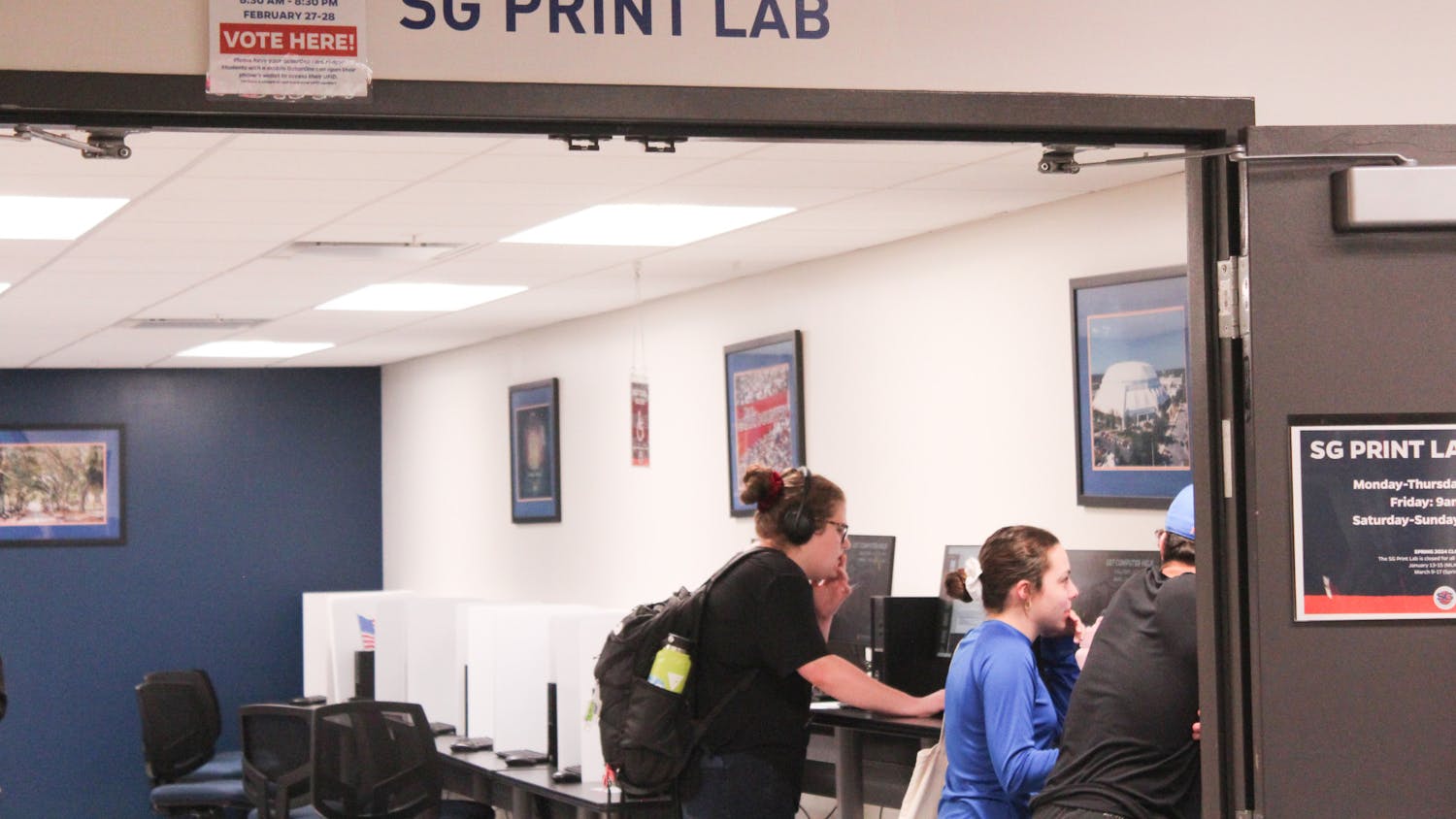Pre-med programs at UF and across the nation may need to revamp their programs if they want their students to master the new MCAT.
The Association of American Medical Colleges recently announced preliminary recommendations for a revamped MCAT that would be unveiled in 2015.
The MR5 Committee, a 22-member AAMC panel appointed in 2008 by the AAMC, reviewed the test for three years through outreach events, surveys and other avenues.
One of the biggest MCAT changes will be the addition of a “Behavioral and Social Sciences Principles” section, which will measure testers’ abilities to understand social and cultural issues, said Amjed Saffarini, executive director of pre-health programs for Kaplan Test Prep.
This section is partly a response to the need for doctors to have good bedside manners with patients, which requires an ability to connect with people despite social and cultural differences, he said.
“This is the biggest change the MCAT has seen in the last 20 years, but from a content perspective it’s probably the biggest change the MCAT has seen,” Saffarini said.
Other changes to the MCAT may include less emphasis on physics and organic chemistry and an increased focus on genetics and biochemistry, he said. The writing portion will be eliminated, and the test will take more than seven hours to complete instead of its current five-and-a-half hour timespan.
The MR5 committee will continue to discuss potential changes before its final recommendations are approved by the AAMC Board of Directors in February 2012, according to an AAMC press release.
The changes to the test may require undergraduate pre-med programs to alter their course selections to better reflect the new testing material. Changes need to be made quickly, Saffarini said, because students who will take the MCAT in 2015 will enter college by fall 2012 or earlier.
Steven Siegal, a second-year medical student at UF, said the recommendations to emphasize genetics and biochemistry on the MCAT are great, but he is wary of the plan to diminish the importance of organic chemistry and physics, which are important for a medical student’s foundation.
“To spend a whole year on organic chemistry and only have three or four questions on the MCAT is kind of ridiculous,” he said.
He also said the addition of the social sciences section seemed unnecessary because knowing the answers to those questions isn’t going to help students relate to people better.
“You can study all you want. Does that really teach the student how to deal with people?” he said. “I think you’re taking a very humanistic aspect and turning into a number.”





